A good act does not wash out the bad, nor a bad act the good. Each should have it's own reward
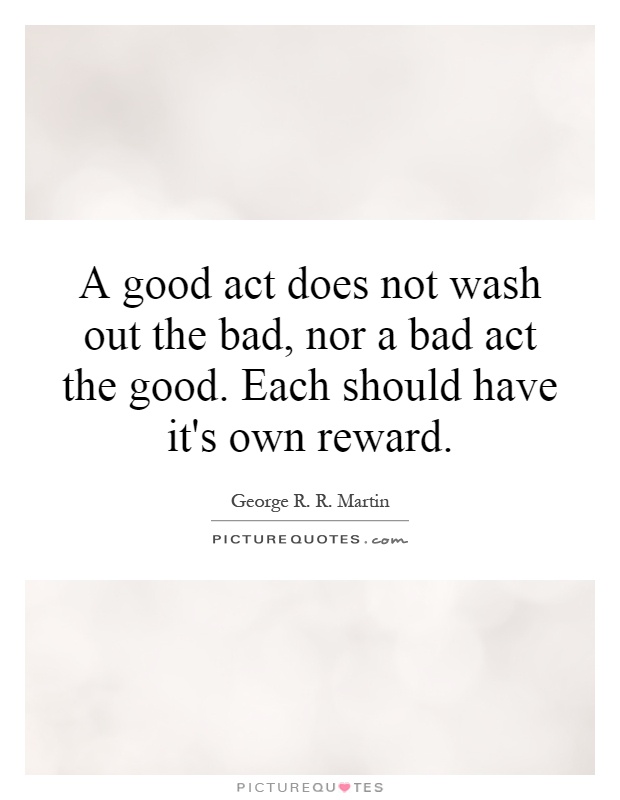
A good act does not wash out the bad, nor a bad act the good. Each should have it's own reward
In the world of George R. R. Martin's epic fantasy series, "A Song of Ice and Fire," the concept of morality is often murky and complex. Characters are constantly faced with difficult decisions that blur the lines between good and evil, and the consequences of their actions are rarely clear-cut. This quote, "A good act does not wash out the bad, nor a bad act the good. Each should have its own reward," perfectly encapsulates the moral ambiguity that permeates Martin's world.One of the most prominent examples of this moral ambiguity is the character of Jaime Lannister. Known as the Kingslayer for killing the Mad King Aerys Targaryen, Jaime is initially portrayed as a villainous figure. However, as the series progresses, Jaime's character undergoes a transformation, and he begins to show signs of redemption. Despite his past misdeeds, Jaime performs acts of heroism and selflessness that challenge the reader's perception of him as a purely evil character. This quote serves as a reminder that Jaime's good deeds do not erase his past sins, but they do deserve recognition and reward in their own right.
Similarly, characters like Daenerys Targaryen and Jon Snow are constantly grappling with the consequences of their actions and the moral dilemmas they face. Daenerys, for example, is hailed as a liberator and breaker of chains, but her methods often involve violence and bloodshed. Jon Snow, on the other hand, is faced with difficult decisions as he navigates the treacherous political landscape of Westeros. Both characters must contend with the idea that their actions, both good and bad, have lasting consequences that cannot be easily erased or forgotten.
Ultimately, George R. R. Martin's quote serves as a powerful reminder that morality is not black and white, but rather a complex interplay of good and bad deeds that shape the characters and their world. Each action, whether virtuous or villainous, carries its own weight and deserves its own reward or punishment. In Martin's world, the line between hero and villain is often blurred, and characters must grapple with the consequences of their choices in a world where morality is anything but clear-cut.
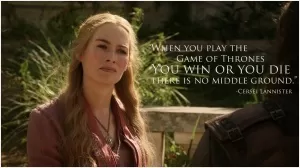
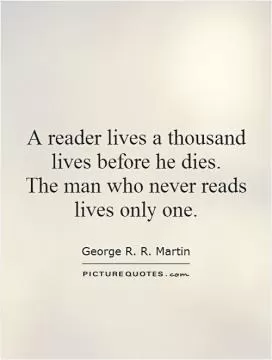
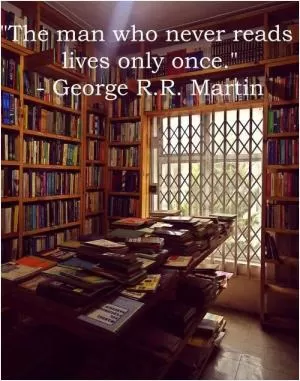
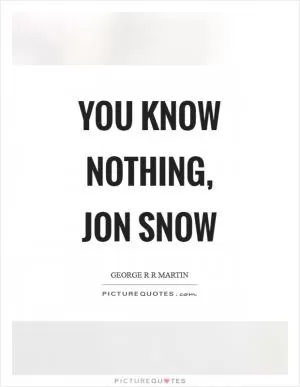

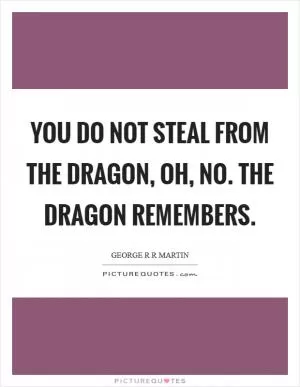
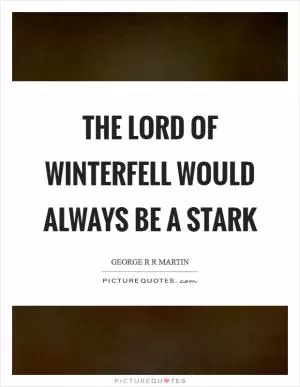
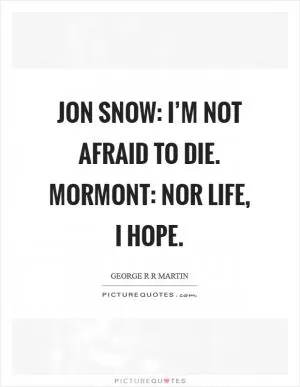
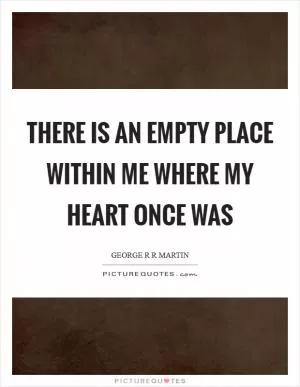

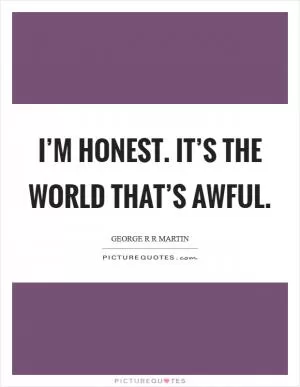
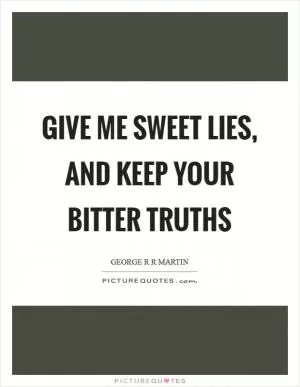
 Friendship Quotes
Friendship Quotes Love Quotes
Love Quotes Life Quotes
Life Quotes Funny Quotes
Funny Quotes Motivational Quotes
Motivational Quotes Inspirational Quotes
Inspirational Quotes